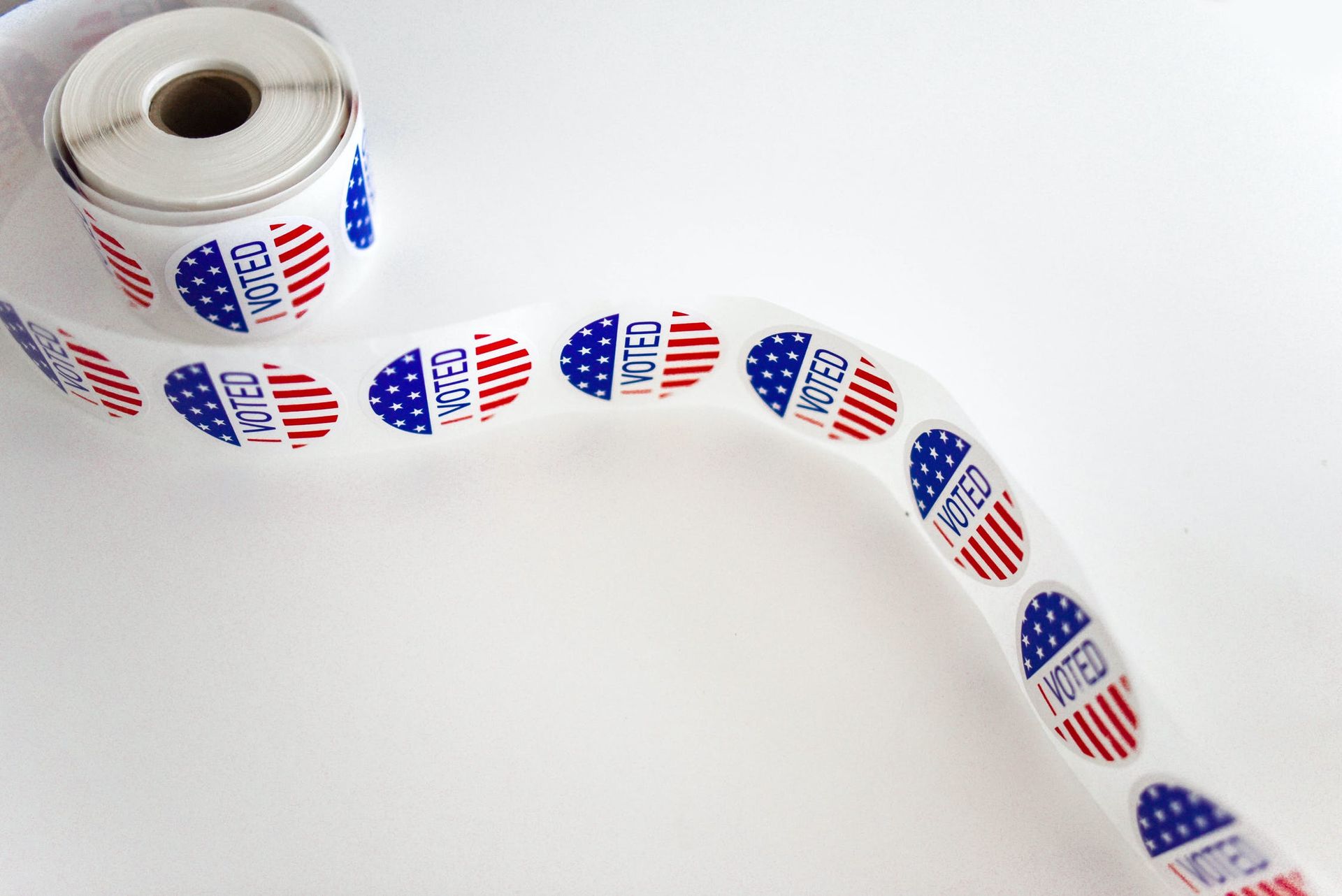On August 5, the D.C. Board of Elections certified Initiative 81 for the November 3 ballot.
The ballot initiative would declare that police shall treat the non-commercial cultivation, distribution, possession, and use of entheogenic plants and fungi as among the lowest law enforcement priorities. The ballot initiative would define entheogenic plants and fungi as species of plants and fungi that contain ibogaine, dimethyltryptamine, mescaline, psilocybin, or psilocyn. Examples include psilocybin mushrooms—also known as magic mushrooms or shrooms—peyote, and iboga. The ballot initiative would also ask the D.C. Attorney General and U.S. Attorney for D.C. to cease the prosecution of residents who engage with entheogenic plants and fungi.
After verifying a random sampling, the board had concluded that 25,477 of the submitted signatures were valid and certified the measure for the ballot. A total of 24,836 signatures were required to qualify for the ballot.
The campaign Decriminalize Nature D.C. reported filing 36,249 signatures with the D.C. Board of Elections on the July 6 deadline. In Washington, D.C., the number of signatures required for a ballot initiative is equal to 5% of the district’s registered voters. Moreover, signatures from 5% of registered voters in five of eight city wards are required to meet the city’s distribution requirement.
The Washington, D.C. Council approved a bill on May 5, 2020, to allow petitions to be distributed, printed, signed, scanned (uploaded), and mailed to proponents rather than collected in person because of the coronavirus pandemic. Voters still needed to sign physical copies of the petitions. Decriminalize Nature D.C. mailed petitions to more than 220,000 households in Washington, D.C. Nikolas Schiller, the campaign’s field director, said that the campaign ended up receiving about 7,000 signatures by mail.
Oregon voters will decide an initiative to establish a psilocybin program in November 2020. If approved, the initiative would make Oregon the first state to legalize psilocybin. In 2019, voters in Denver, Colorado, approved Initiated Ordinance 301, which declared that the adult use and possession of psilocybin mushrooms were of the city’s lowest law enforcement priorities.


